Envoyrs co-founder Tim Beiko blogged about his experience at the JFDI 2015A Accelerate Program. He shares a twist – how his team found a place to stay, which eventually turned out to be the batch’s ‘startup house’. For more of Tim’s story, read along.
HOME | AWAY | JFDI
And the first week in Singapore was shit. We stayed in a hostel and were behind on work but couldn’t get anything significant done during the day since we barely slept at night (oh yeah, dorms!). And since we were booking on a night-by-night basis, we kept having to change rooms. Catherine ended up having all of her belongings set up in the hostel’s storage room, to minimize the amount of things she’d need to drag around.
I started looking for apartments so we could get out of there ASAP. Luckily, after only a few days, I managed to book 5 or 6 visits.
Most of them were in crowded high rise buildings. They were pretty bad. But I found one that was different from the rest. It was an old Chinese Mansion that had been split up into flats and was being rented “by the unit” on Airbnb.
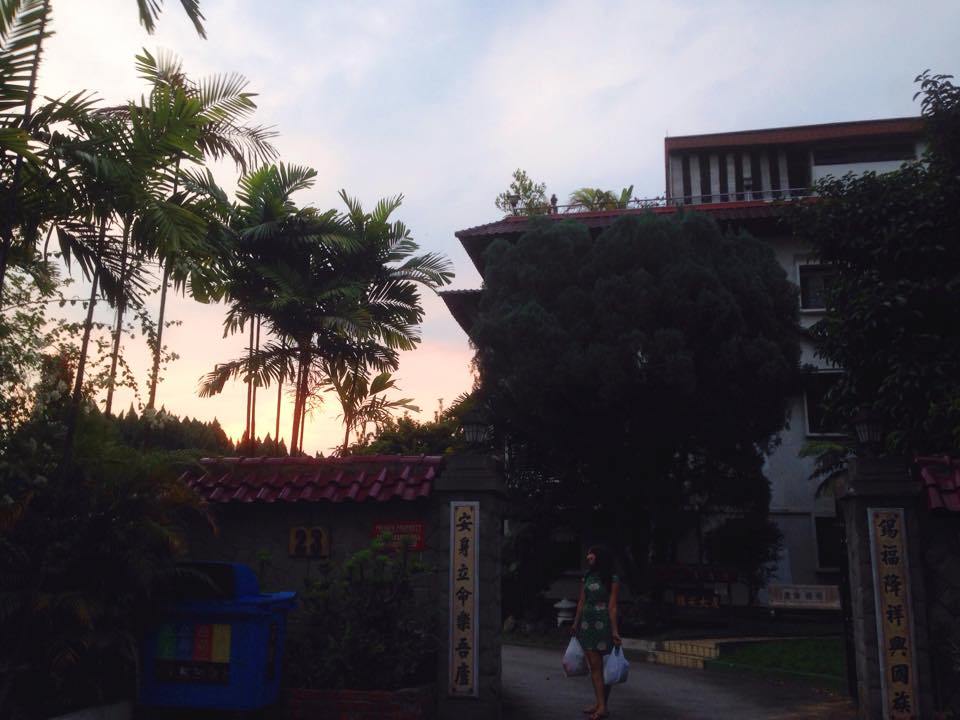
The Chinese Mansion
The agent, Joyce, was friendly and willing to accommodate our needs regarding the duration of the stay (which was largely undefined), as well as make some upgrades here and there (such as removing all the mold in one of the bathrooms). They’d need some time to do it, but a week later, we’d be moving in.
So there was another week of crowded dorms, shitty sleep, and coffee shop hunting to work, but eventually, we moved in. And one week after that, JFDI would be starting.
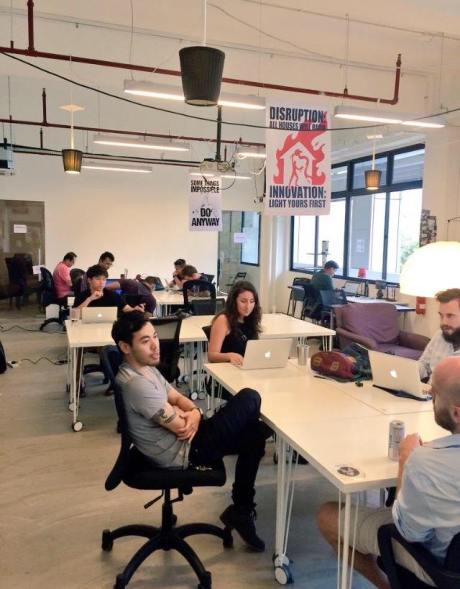
Team Envoyrs at JFDI’s space in Singapore
Working out of JFDI Asia
On the first day of JFDI we met the other teams in our batch. The breadth of both ideas and nationalities was impressive: there was a Thai team doing a startup recruitment mobile app, an Indian team offering online test-drives and car sales, an American/Vietnamese team that delivers diapers in Vietnam so mothers don’t have to carry them on their motorbike and a team lead by a white Canadian guy that aims to be the #1 Muslim fashion ecommerce destination,just to name a few.
On the second day, most teams having barely unpacked their luggage, we had to pitch some of the investors who will be attending demo day at the end of the program. When we were done with our pitch, we were gifted one of JFDI’s signature Smoochy– a stuffed plush frog that’s become their mascot.
Afterwards, we got to talk with the investors and get their feedback on our idea. The insights they had about our ideas and markets were much deeper than what most other people we’d met so far.
It was a great trial by fire to have the flaws in our idea exposed by experienced investors on day 1 of the program – we now had 99 days left to build on their feedback!
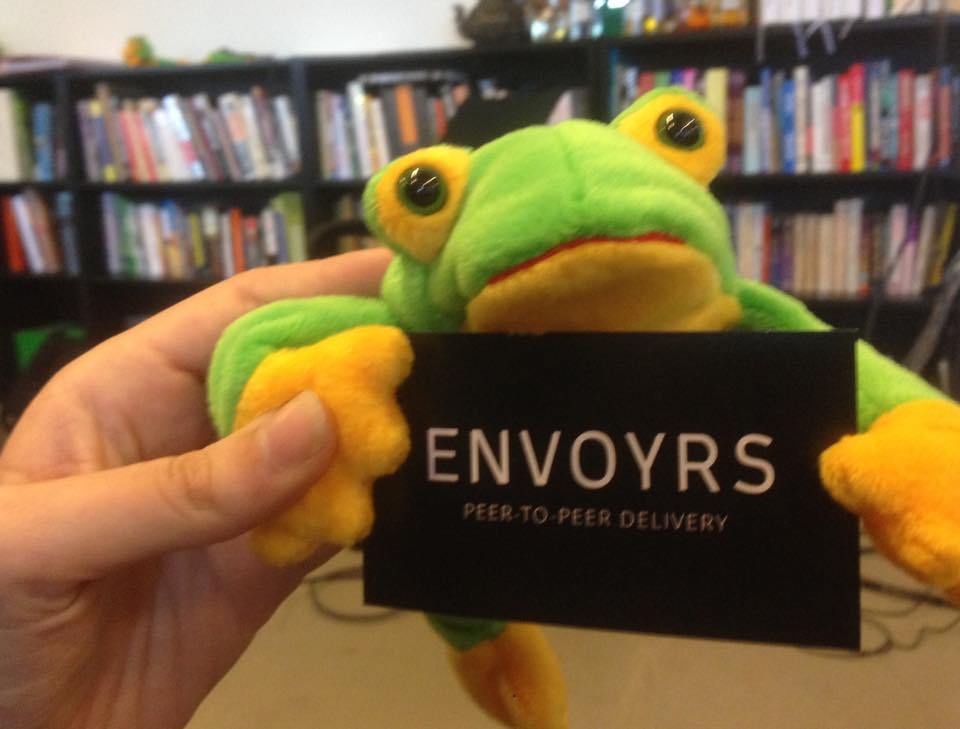
Smoochy cheering for us!
And so it started. For the first two weeks, we worked on our idea and the upcoming launch of the platform, while having lectures nearly everyday on various aspects of startups.
Sometimes, founders came and talked to us about their experience building their product, their team or fundraising. Other times, Meng (JFDI’s cofounder) talked us through the theory behind technological innovation, growth, user acquisition, scalability and so on.
Then, we get a week “off” to digest this information and put it to work in our startups.
Along with that, we get help from Peter, our pitch coach, who listens to us try and articulate our idea in a 3-6 minute pitch every week.
At this point, our Chinese Mansion had been adopted as the unofficial “Startup House” by our batch’s companies. We went from 2 startups living there, to about 8.
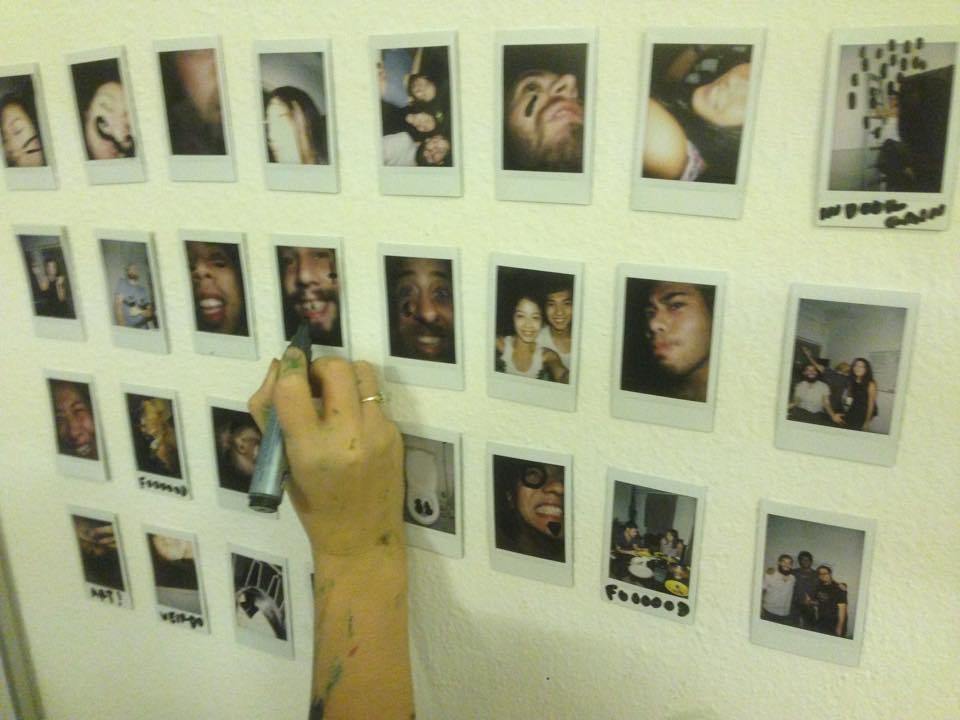
The Chinese Mansion is getting more and more crowded
And here we are now: week six is beginning today. We’ve changed our idea, our team, never released the Envoyrs platform and are launching a new product this week.
I used to think of the term “accelerator” as an environment where you would execute things faster. You need to reach XX 000$ in sales? Get there in three months, not twelve.
But for us, the main challenge so far was whether our original idea was scalable and sustainable or not (it wasn’t). So it wasn’t the execution as much as the strategic planning that got accelerated, which doesn’t happen exactly the same way.
If you accelerate execution, you basically do more tasks, and improve efficiency. The results from this are easy to imagine: you work long hours, get more traction, figure out what you need to improve and begin the cycle again.
Accelerating the strategic part of it means you spend a lot of time pushing your idea’s limits in your head, so you can be aware of all the assumptions you’re making when thinking about your idea. Then, you need to test these assumptions out, and validate them. But the process is not as much about execution then about being honest with yourself about what won’t work.
And that’s surprisingly hard. Especially since early stage companies are by nature risky, it’s easy to tell yourself you’ll ‘de-risk’ some part of your business plan later on, and focus on something else for now. That’s okay sometimes (you can’t de-risk it all at once), but it’s easy to look away from the elephant in the room.
In short, it’s interesting that so far, the process has been more about intellectual honesty than speed of execution. Of course, once you get your bases right, the goal is to build on top of them as efficiently as possible and get moving.
And that’ll probably be the subject of my next post, once we’ve actually gone out there and done it. For now, I’m happy I took the time to write about our experience so far.
Cheers,
Tim
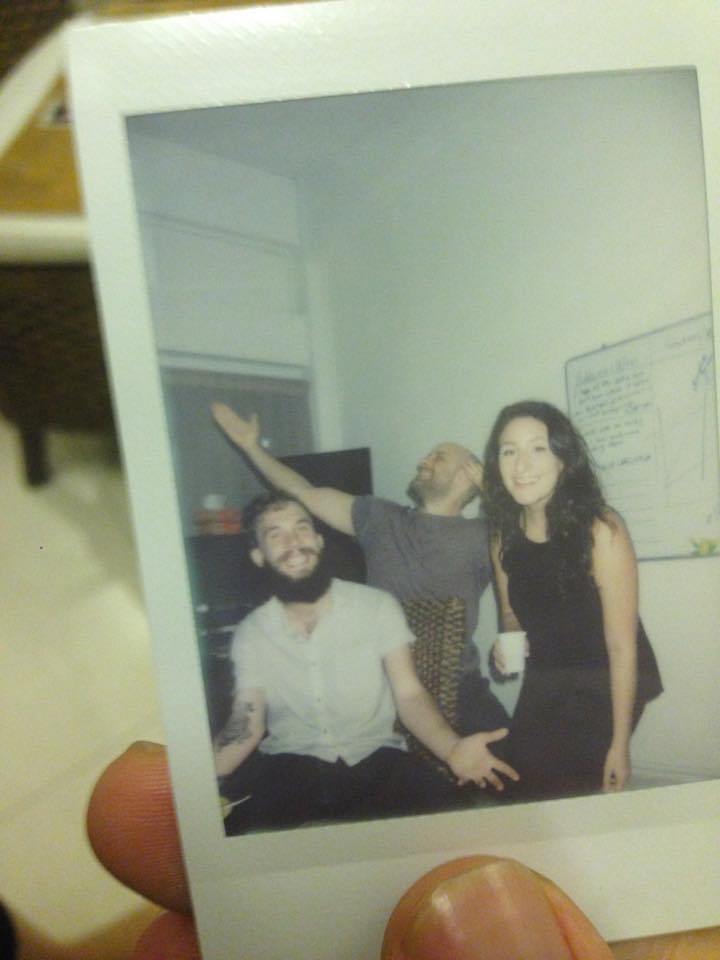
Montreal Represent!
Credit: Tim Beiko’s Blog, FoxJumpShip
—-
Speaking of the JFDI Accelerate Program, our 2015B Applications are now open. Our mentors, founders and investors form the perfect ecosystem for your startup to succeed in Asia. More than 60% of our Accelerate startups receive seed funding.

